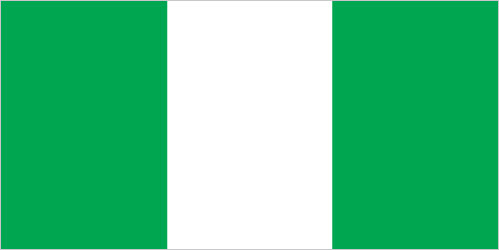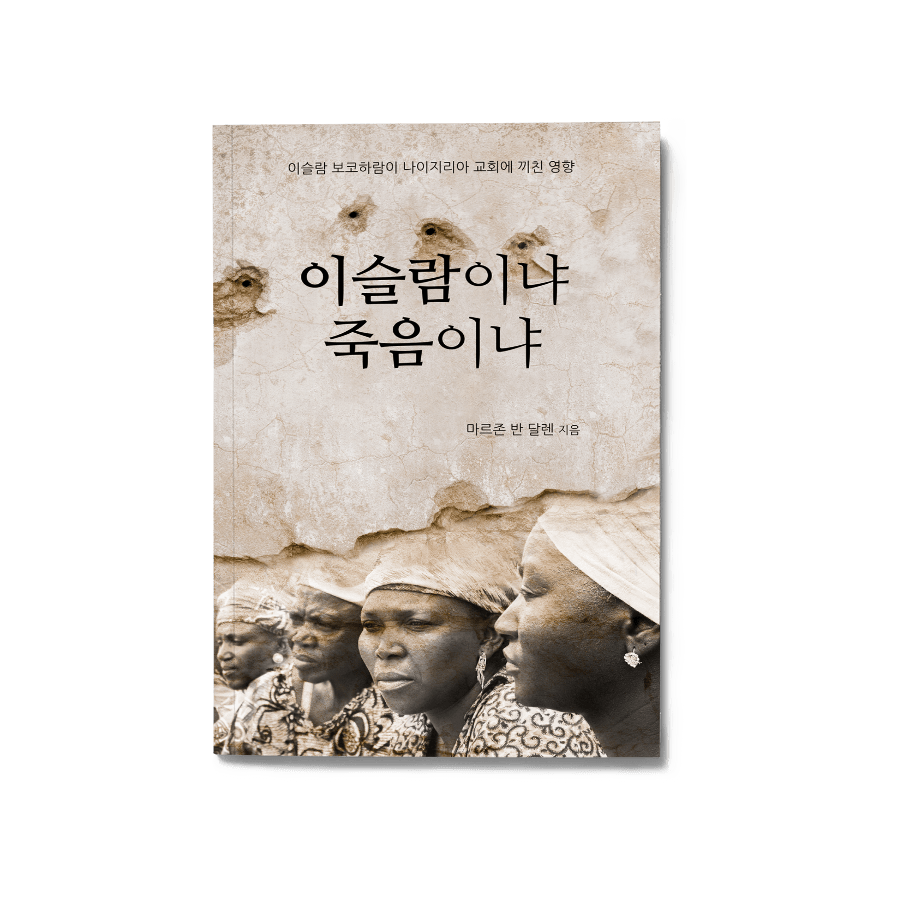DESIGNATION: Hostile
OVERVIEW: Nigeria is sharply divided along religious lines with a Muslim dominated north and a majority-Christian south. There are more than 80 million professing Christians in Africa’s most populous nation, the fruit of both pioneer mission work and the return of freed slaves who carried the gospel with them to the continent from Europe following the abolition of slavery in England in 1833. Foreign missionary activity in the Muslim majority north has declined significantly over the past 10 years as a result of the emergence of the Islamic militant group Boko Haram. Based in the north, Boko Haram is affiliated with al-Qaida and has also aligned itself with the self-proclaimed Islamic State (ISIS). Although Boko Haram appears to have weakened in the northeast, it is believed to be the source of increasing attacks on Christian villages by a group of militant Fulani herdsmen, a tribe known for its adherence to strict Islam. They have attacked Christian villages for many years, and in the last two years they have committed more acts of extreme violence against Christians than any other group globally. Muslims in the north want to create a separate country governed by Sharia, or Islamic law, and those in the middle states, such as Kaduna, Plateau, Benue and Abuja, are strategic in the battle. The terrorist groups want to drive Christians out of these mixed states and continue their push for an Islamist nation.
MAJOR RELIGIONS: 51 percent of Nigerians are Christians, including 26 percent evangelical. The nation is divided between Christians and Muslims, with most Christians living in the south and most Muslims in the north.
PERSECUTOR: Islamic Boko Haram militants and Fulani Muslims work together to target Christian villages for destruction.
WHAT IT MEANS TO BE A CHRISTIAN IN NIGERIA: Nearly all Christians in northeastern Nigeria have lost family members in attacks by Boko Haram or Islamic Fulani militants. Entire congregations have been displaced, and many pastors have been forced to leave the region. Being active in the church looks much different than it did 15 years ago. Today, it takes great courage and faith to openly worship and serve Christ. Thousands of Christians remain in camps designated for internally displaced people. With few schools able to function because of the violence, families are concerned about their children’s education. Life is a constant struggle, and in some places it’s even difficult to find food. Farmers are killed by Fulani militants when they attempt to return to their farms. Many villages and farmlands have been taken over by the Islamist militias.
ACCESS TO BIBLES: While Bibles are plentiful in the south, there is a great need for them in the north. Many Bibles have been lost in village attacks and as people are displaced. Most people don’t own Bibles, and even if they were available most people in the north could not afford them.
VOM WORK: VOM supports widows who have lost husbands in Islamist attacks and trains and equips pastors in the north. We also provide study Bibles, New Testaments and other Christian discipleship literature to believers.


 VOMK 채널 구독
VOMK 채널 구독
